There’s no doubt the NHS is under pressure, and that means waiting times in Scotland might be stretched.
One of the places this can be most clearly seen is in the accident and emergency department.
All trips to A&E have the potential to be stressful and people waiting longer than they should is only going to add to this.
We’ve put together the following charts that show exactly where the pinch points are and to show whether A&E waiting times in Scotland are improving after the pressure of the Covid pandemic.
All of the charts will be updated whenever new data is available.
Accident and emergency
The NHS states that calling 999 or attending an accident and emergency department should be reserved for emergencies only.
Examples they provide are suspected heart attack or stroke, breathing difficulties, or severe bleeding.
In non emergency circumstances they recommend either attending your usual GP or phoning the NHS 24 service by dialling 111.
Thirty are classed as emergency departments which are larger services that usually provide a 24 hour consultant led service.
The monthly figures provided in this article cover all locations, whereas the smaller weekly report provided by Public Health Scotland only includes the 30 larger departments.
For that reason the data provided here is not comparable to the weekly reports.
What is the target for A&E waiting times in Scotland?
The Scottish Government has set a target that “95% of all A&E patients should be admitted, discharged or transferred within four hours of arrival at an A&E department across NHS Scotland (including Minor Injury Units).”
They state that this target is necessary to ensure “all patients receive the most appropriate treatment, intervention, support and services at the right time, in the right place by the right person”.
Is the target being met?
During the pandemic there was a reduction in the number of patients arriving at accident and emergency departments.
This is now returning to normal pre-pandemic levels but The Scottish Government states that issues such as reduced capacity due to infection control and staff off work with Covid are still having an impact on the recovery of accident and emergency department performance.
The chart below shows the adherence to the four-hour target across all Scottish health boards.
Use the dropdown to select the area you are interested in.
For added context we also looked at the number of attendances, which declined dramatically during the peaks of the pandemic, but are now returning to pre-pandemic levels.
The blue area in the chart below represents people in Scotland who have not been treated within the target of four hours, and the red bands are indicative of the peaks of the pandemic.
People waiting more than eight hours in A&E
The Scottish Government reports statistics on people who have waited more than eight hours and more than 12 hours.
Prior to the pandemic these waits would tend to peak seasonally in the winter when the NHS generally tends to be under the most pressure due to seasonal respiratory illness as well as weather-related accidents.
Since the pandemic though, these types of waits have become more common.
Health secretary Humza Yousaf said the “cumulative impact” of the coronavirus pandemic is “undoubtably causing real strain, real pressure, real challenge” for the health and social care system in Scotland.
Patient destinations
The Scottish Government target states that hospitals have four hours to be admitted, discharged or transferred – which is the most common destination?
The area chart below shows the breakdown of where the patents end up.
When is the busiest time at A&E?
The below chart shows a breakdown of how many people have attended accident and emergency on each day.
It is also broken down by the hour in which a person attended.
All data is cumulative from January 2018 to the most recent month of data available, and is broken down by health board.
Where can I get more help?
The NHS inform website provides more information on when it is appropriate to access A&E services.
It provides signposting to when other services may be a better option.
More health data
This article is part of a series that aims to make data about waiting times and pressures on the NHS more accessible and easy to understand. You can view the rest of the series below.
The charts in this tracker series are automatically updated with the latest available data from Public Health Scotland. The source code for this project can be found on our data team GitHub page.
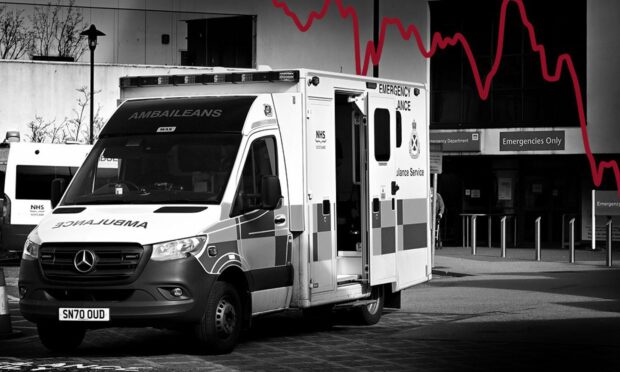
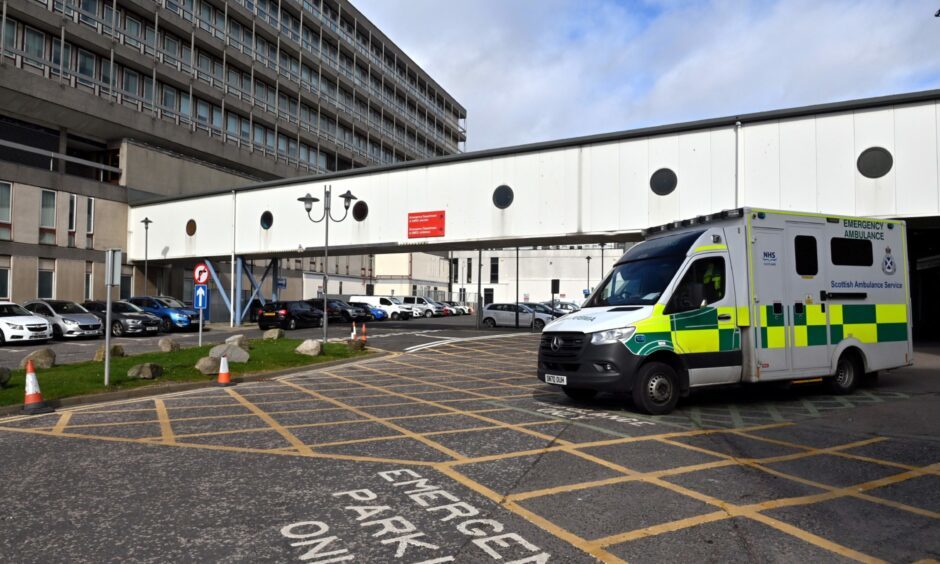
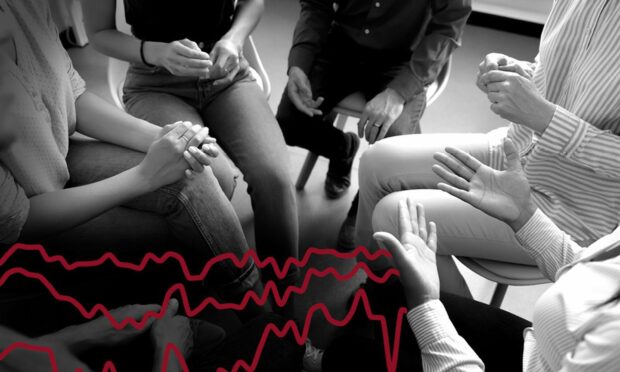
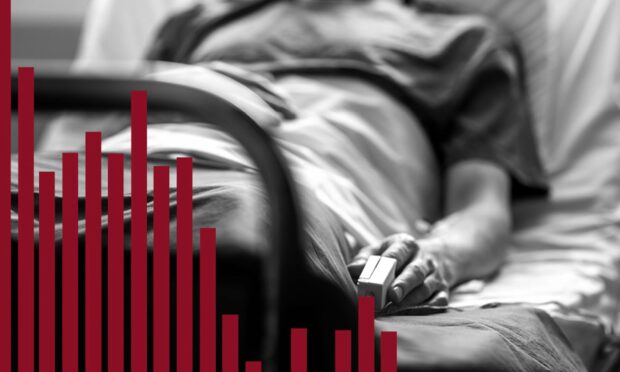

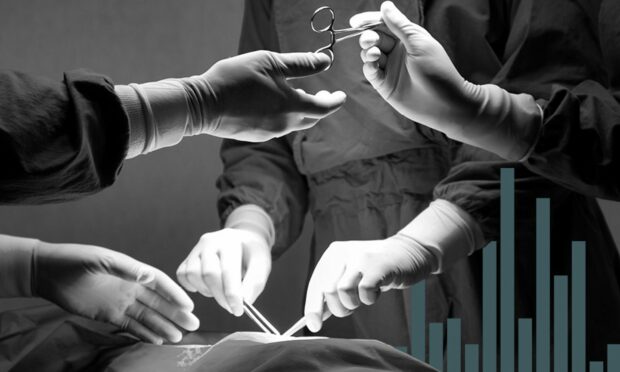
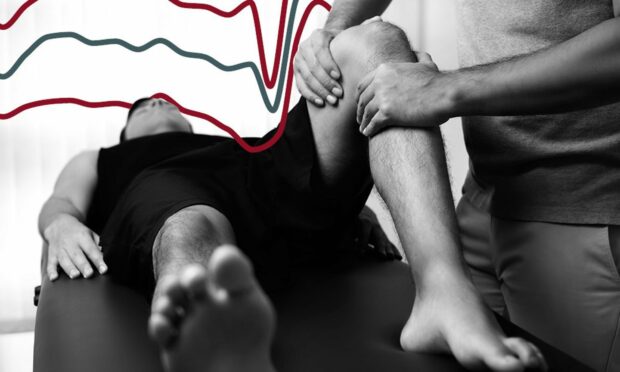

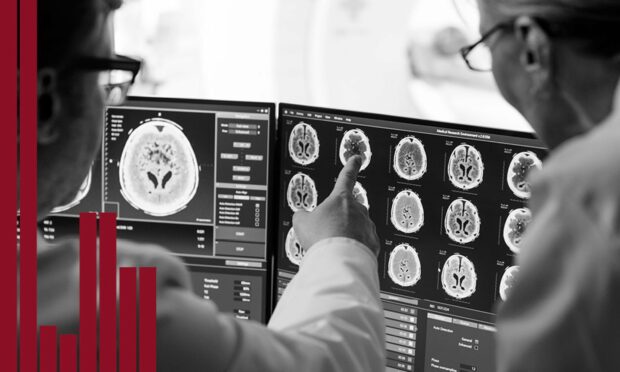
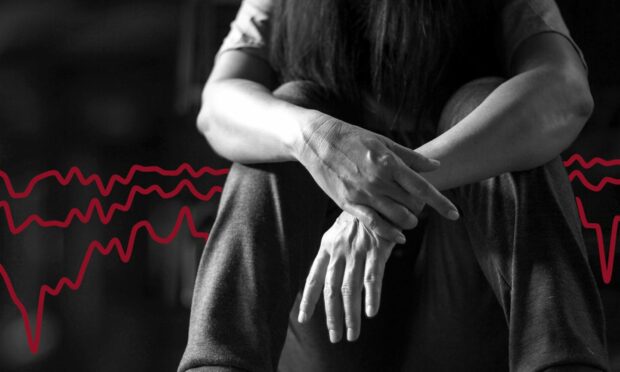
Conversation